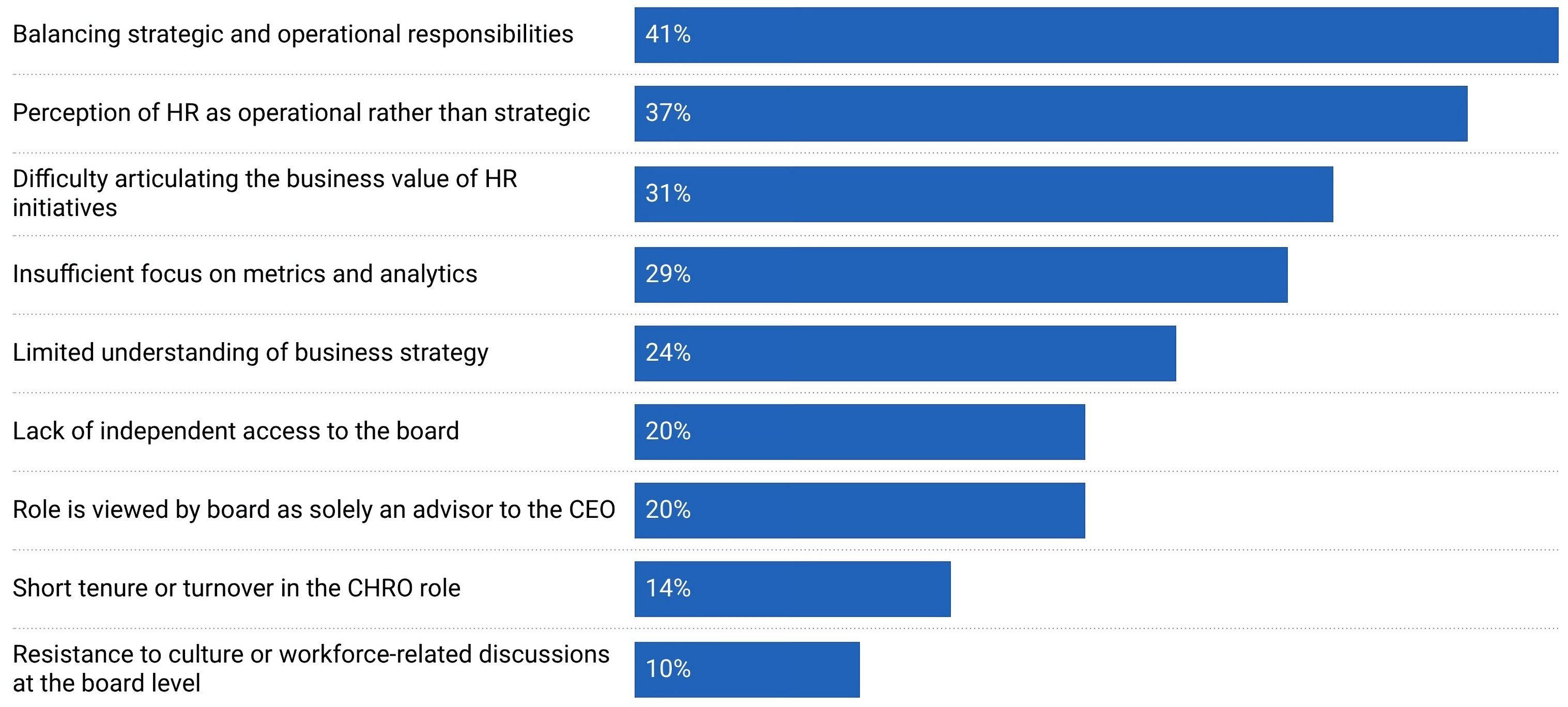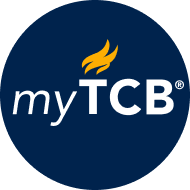
Many of today’s most pressing business challenges are human capital management issues, and boards increasingly expect chief human resources officers (CHROs) to align human capital strategy with financial, operational, and risk priorities. Yet CHROs often report encountering obstacles in effectively engaging with the board—including the persistent perception that HR is insufficiently strategic. Our recent survey of corporate secretaries—who serve as key board advisors—suggests that this view may be grounded in real concerns about CHRO readiness.
Limited commercial and financial acumen may be holding some CHROs back. While human capital leaders excel in talent strategy and culture, some do not adequately demonstrate fluency in the key business drivers—profit & loss statement management, capital allocation, innovation, risk assessment, and operational execution—that boards prioritize. Without a strong grasp of these competencies, CHROs may struggle to connect workforce strategies to business performance in a way that resonates with board members.
Q: What are the most significant challenges CHROs face in engaging effectively with boards? (Select up to 3)


myTCB® Members get exclusive access to webcasts, publications, data and analysis, plus discounts to events.
